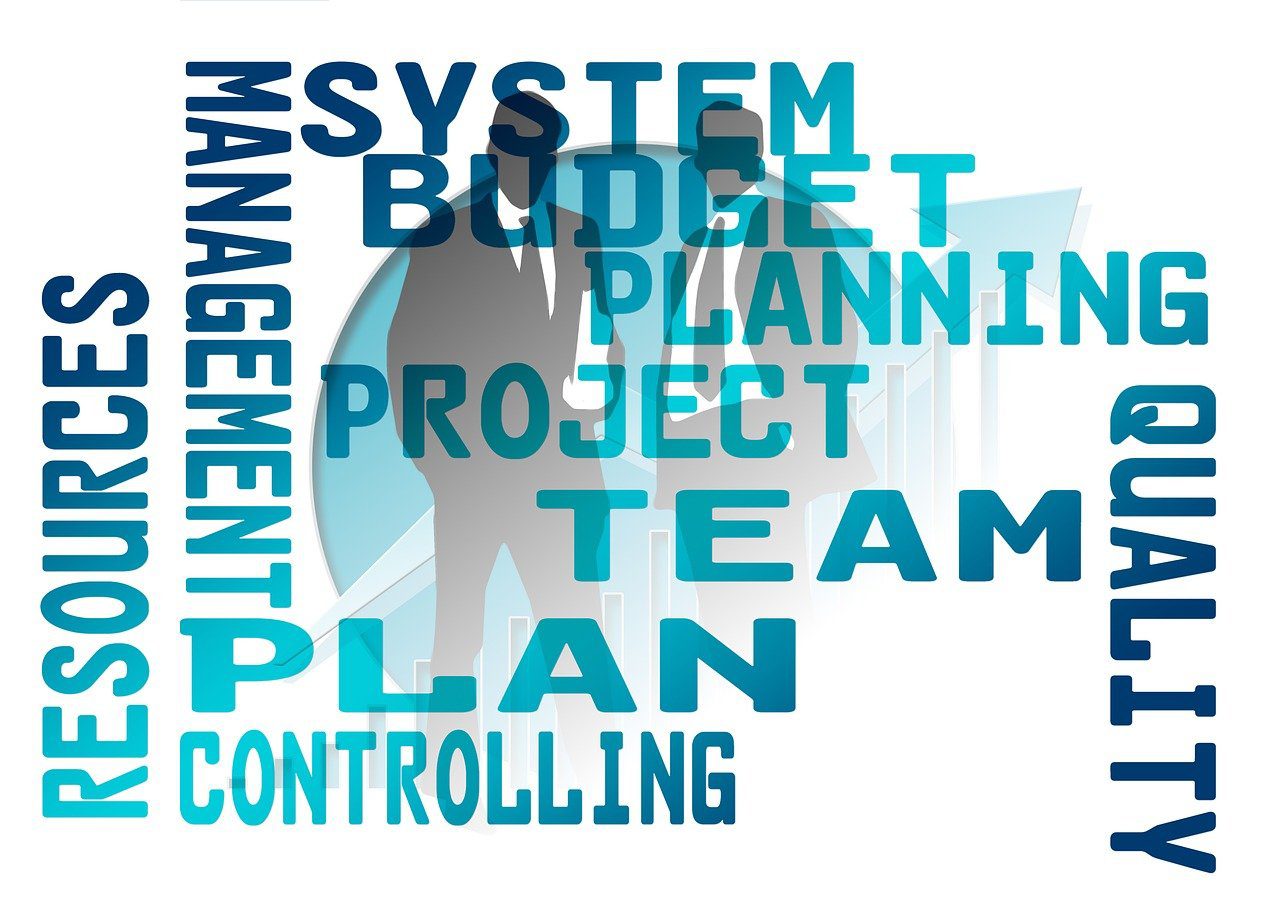You have probably seen ERP, the TLA (three letter acronym for us geek types) many times over the past weeks, months, and likely years. But have you ever stopped to ask what “ERP” really is and why is it talked about and written about and showing up all the time?
What is ERP and What Does it Stand For?
Well, let’s start with What ERP is and What ERP stands for:
[content_wrapper]”Enterprise Resource Planning (ERP) is business process management software that allows an organization to use a system of integrated applications to manage the business and automate many back office functions related to technology, services and human resources. ERP software typically integrates all facets of an operation including product planning, development, manufacturing, sales and marketing in a single database, application and user interface.“
– Vangie Beal, ERP – Webopedia.com[/content_wrapper]
So, an ERP is basically just a suite of integrated and related software applications that permits a business or organization to operate in an integrated and full-function manner. Ideally, all data and information about all of the business transactions are recorded and managed in an ERP — from planning to sales to operations to accounting to reporting. This permits all data related to the operations to only be entered once and not multiple times into different software applications. An ERP can also make supporting the software that a company or organization uses to operate much easier and less complex. And we all know that simpler means less costs, right?
Why is ERP showing up so much on the internet?
All businesses in today’s world rely heavily on software to track, manage, and report on their operations. This has evolved over time from automating accounting functions to then automating operational functions and so on and so forth. Since this has typically happened over time that may have spanned quite a few years, this automation likely occurred using totally different and separate software applications. That, in itself, isn’t a problem but if they can’t easily communicate or integrate with one another, then one must determine how to get needed information from one application to another. Many times, believe it or not, people will print out reports on one system and then manually enter the required data into another system. Or, data can be exported into spreadsheets or CSV (comma separated values) files which possibly can be imported into the other system. The best scenario with this situation would be for an API (application programming interface) would be available. This is where a knowledgeable software programmer could use said API and then integrate one system with another.
How Can an ERP Help My Business?
The first benefit a company or organization can realize is a significant reduction, if not total elimination, of spreadsheet data to capture, transform, and import (or worse, manually enter) data from one separate system to another. Since an ERP is already integrated, the data needed in one business function is readily available in another.
Additionally, better reporting options will be available. Below is a list of several benefits of using an ERP to operate your business:
- Better data integration
- Better and more timely reporting
- Higher quality data (reducing or eliminating manual re-entry data errors)
- Lower total cost of ownership
- Lower software licensing or right to use fees.
- Lower hardware and infrastructure costs.
- Much lower support costs since an ERP is supported by a single vendor.
- Better future functionality due to customer demands and requirements (some customers may request a feature that all customers of the ERP will get to use!).
- Consistency of software functionality. Different software packages look and function differently. Your employees have to be trained and knowledgeable about each. With an ERP, they just have to learn a single software and its features and functionality.
- Simpler vendor / provider relationship management and partnership. It is much simpler to partner with a single provider than with multiple. This removes the “finger pointing” that inevitably occurs in a multi-vendor situation.
There will likely be others but these are the most common.
When Do I Need to Start Thinking About an ERP for My Business?
Now! No better time than the present to plan for taking your business to the next level!
Call SandStorm IT at (901) 475-0275 to talk to us about our STORM ERP application. We’d be happy to discuss how SandStorm IT can help you in your journey to an ERP for your business or organization.

